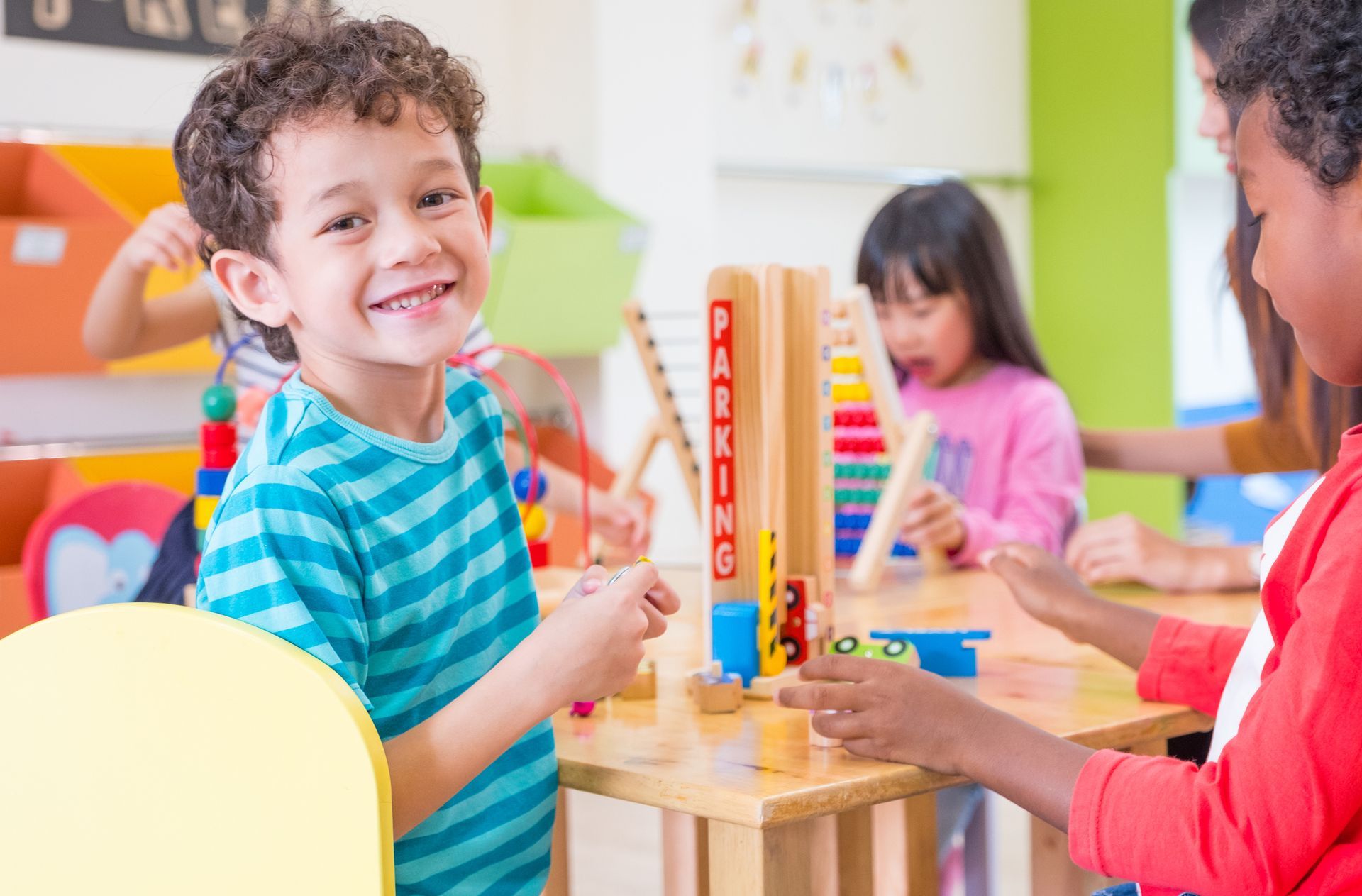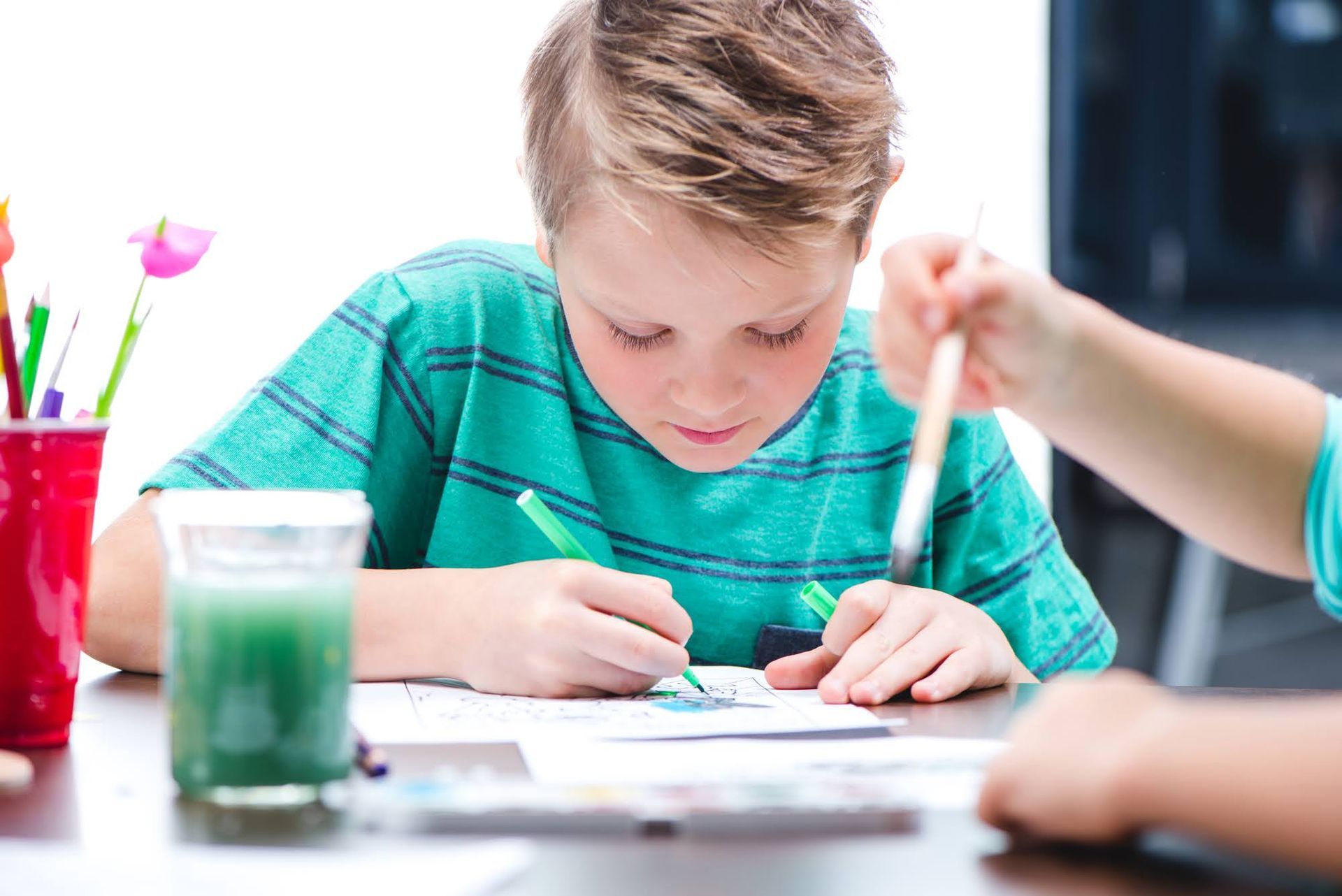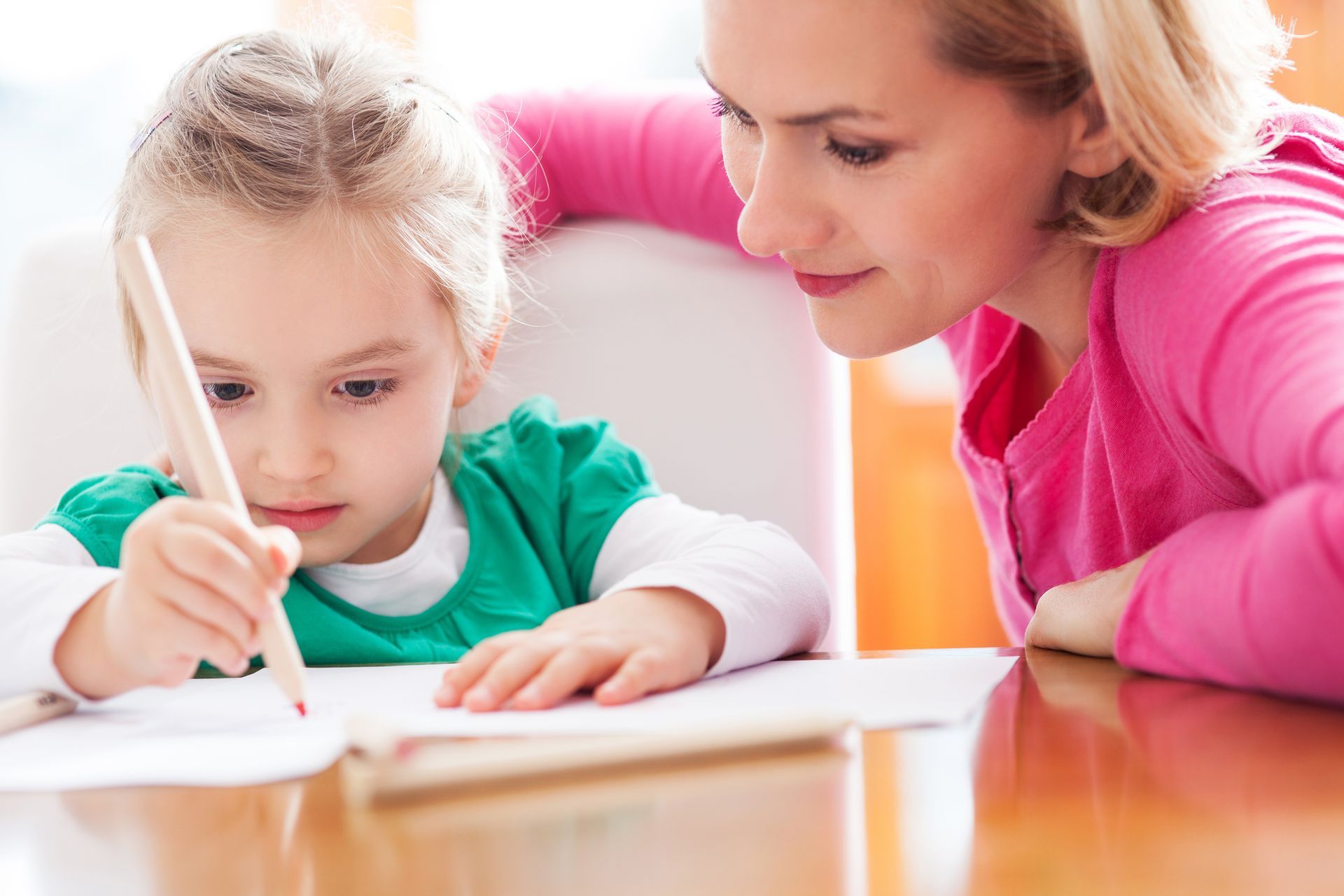Is Your Child Ready for Preschool? Signs to Watch For
Preschool is a significant milestone in a child’s life and a decision that often brings mixed emotions for parents. It marks the beginning of structured learning, social interactions outside the family, and the development of foundational skills. However, choosing the right time to begin this new chapter can feel overwhelming. Understanding whether your child is ready for preschool requires careful observation of their developmental milestones, personality, and environmental factors.
This blog explores the key indicators of preschool readiness, what to consider when making your decision, and practical steps to ensure a smooth transition, helping parents make an informed choice that aligns with their child’s unique needs.
Recognizing the Signs of Preschool Readiness
Determining whether a child is ready for preschool requires more than simply considering their age. Children develop at their own pace, so evaluating emotional, social, and cognitive factors is more accurate for readiness assessment.
Pay attention to your child’s emotional independence and ability to separate from you without significant distress. Adjusting to a preschool environment often involves staying away from parents for several hours, and children who feel secure when apart are better equipped to thrive in this setting. Similarly, watch how they interact with their peers. While it’s common not to see advanced social skills at this stage, a willingness to play and share with other kids is a positive indicator.
Another key sign is their ability to follow basic routines and instructions. Preschool introduces structured activities, from group story time to snack breaks. If your child can understand and respond to simple instructions, they may be ready for the added structure. Additionally, children who show curiosity about learning, such as an interest in books, puzzles, or exploring new environments, are likely to adapt well to the enriching experiences preschool offers.
Considering Your Child’s Physical Readiness
Beyond emotional and social signs, physical readiness plays a significant role in determining preschool readiness. Most preschools encourage or require a degree of self-sufficiency in daily tasks, particularly regarding restroom independence. If your child is potty trained or showing progress in this area, they are more likely to integrate smoothly into the preschool setting.
Energy levels are also worth considering. Children who can remain engaged during structured activities, such as crafting or singing, for short, manageable periods may find preschool’s routine exciting rather than overwhelming. Fatigue is natural in younger children, but a general ability to participate without frequent breakdowns or excessive naps indicates readiness.
Choosing the Right Preschool Environment
Alongside readiness, finding a compatible preschool environment is crucial. Every preschool has a unique educational philosophy and curriculum, often ranging from play-based approaches to more structured academic programs. Spend time researching options in your area to understand which type matches your child’s personality and learning style.
Class size and teacher-to-child ratios are important to note. Smaller groups often offer more personalized attention, which can be beneficial for children prone to shyness or those requiring more guidance. Safe and inviting facilities are an absolute must. Take the time to visit potential preschools, observe the classrooms, and meet the staff to assess how well the environment resonates with you and your child.
Additionally, consider how the preschool handles transitions and the support they provide to new students. Some preschools offer gradual schedules to help children adjust, while others rely on teacher expertise to comfort and guide them during the early days.
Knowing When to Wait
If after evaluating emotional, social, and physical readiness you still feel unsure, it’s okay to wait. Preschool is not a race, and many children benefit from staying home a little longer to mature at their own pace. Use this time to focus on reinforcing areas where your child may need support, such as social skills or following routines.
Waiting doesn’t mean your child will fall behind. Instead, it ensures they enter preschool when they’re truly ready, which often leads to a more positive and enriching educational experience.
Understanding your child’s readiness ensures that their first step into structured learning is a confident one. With the right preparation, preschool can become a rewarding chapter that lays the groundwork for future learning, friendships, and success. Contact us today to learn more.












